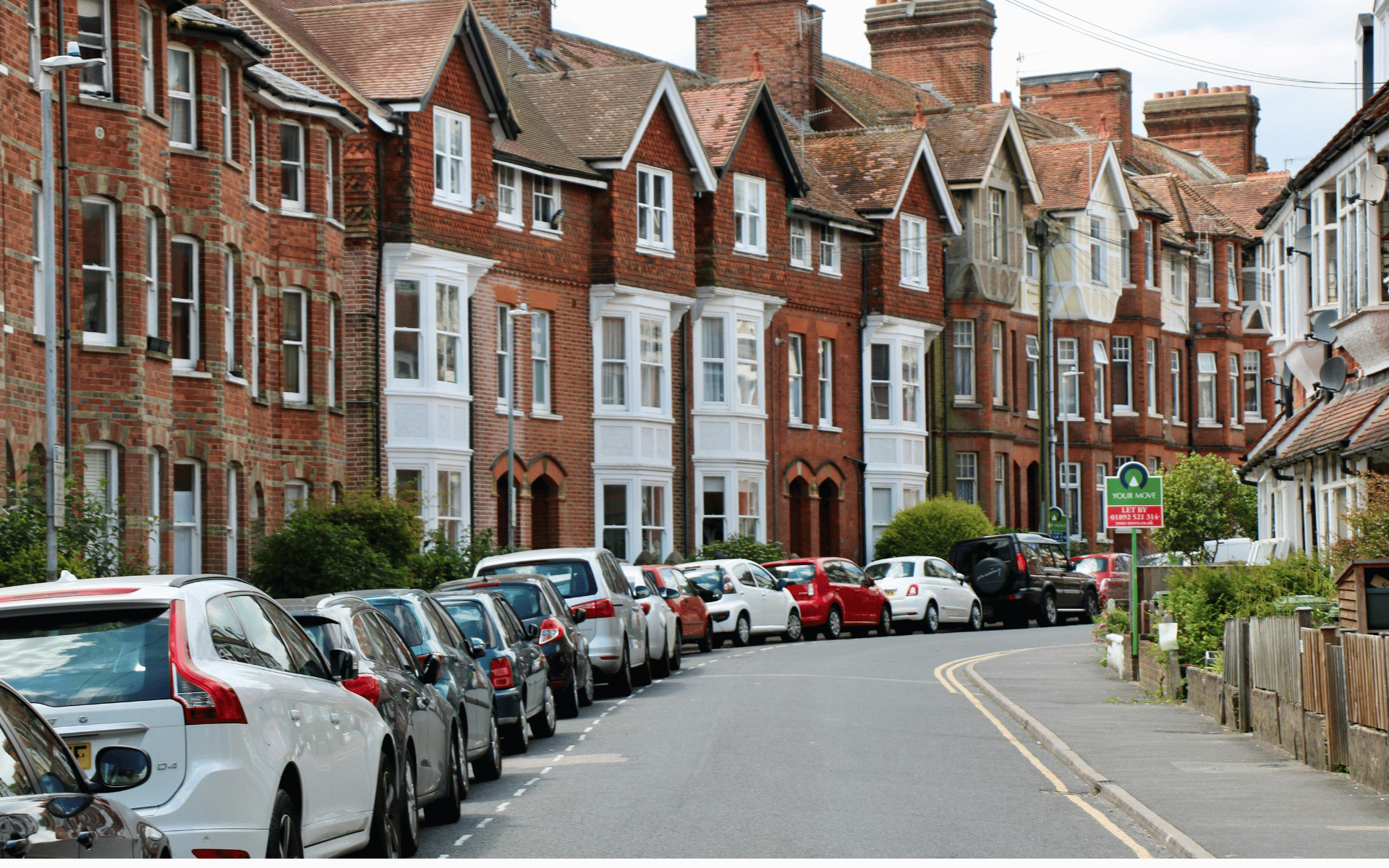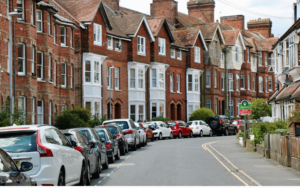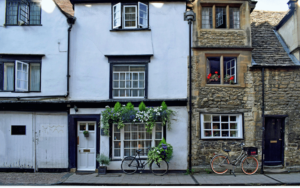 Property Market
Property Market
20 Dec 2024
Chelmsford House Price Review: The December 2024 Update
Chelmsford homeowner or landlord? Curious about the tre…

Property Market
The announcement of the Budget often brings a mix of anticipation and concern, particularly for property owners. Whether you’re a seasoned investor or a first-time buyer, it’s crucial to understand how the changes outlined in the Budget might impact your property-related finances. This year’s autumn Budget has introduced several significant measures that could affect your property, from Stamp Duty adjustments to alterations in tax policies. In this post, we’ll delve into these changes, providing you with a clear understanding of what they mean for your property investments.
If you’re considering purchasing a second home, the Budget’s changes to Stamp Duty are essential to understand. These adjustments could significantly affect your overall investment strategy and financial planning.
Previously, buying a second property incurred a 3% surcharge on top of the standard Stamp Duty rates. This surcharge remains in place; however, the Budget has introduced higher base rates for all property bands. For example, properties valued between £125,001 and £250,000, which previously attracted a 2% Stamp Duty rate, will now be taxed at 3%. Similarly, properties valued between £250,001 and £925,000 will see their Stamp Duty rate rise from 5% to 6%. This incremental increase aims to generate additional revenue for public services but inevitably raises the cost of purchasing additional properties.
These changes mean that if you’re in the market for a second home, it’s essential to budget for these higher costs upfront. Calculating the new Stamp Duty charges can help you avoid unpleasant surprises during the buying process. For instance, on a £300,000 property, the total Stamp Duty would now be £14,000, up from £11,500 before the changes.
While the immediate reaction might be to feel deterred by these increased rates, it’s crucial to remember that property remains a relatively stable long-term investment. Despite the higher initial outlay, the potential for appreciation over time can still make purchasing a second home a worthwhile endeavour. Additionally, considering how these changes align with other aspects of your financial portfolio can offer a more comprehensive view of your investment strategy.

Capital Gains Tax (CGT) applies to profits from selling assets like second homes or investments that have appreciated in value. The CGT rates for residential properties, including buy-to-let and second homes, will stay at 18% and 24%. Rachel Reeves confirmed that Private Residence Relief, which exempts main residences from CGT, will continue.
According to gov.uk, currently you do not pay Capital Gains Tax when you sell (or ‘dispose of’) your home if all of the following apply:
Labour’s Budget announced they will be increasing CGT on non-residential assets like stocks and shares, increasing the lower rate from 10% to 18% and the higher rate from 20% to 24%.
Rachel Reeves announced she will extend the Inheritance Tax threshold freeze by another two years until 2030. This implies that the first £325,000 of any estate will remain tax-free, increasing to £500,000 if a residence is passed to direct descendants, and £1m when a tax-free allowance is transferred to a surviving spouse or civil partner. She also stated that inherited pensions will be subject to Inheritance Tax from April 2027.
This change means beneficiaries could face a significant tax bill on pension pots left by loved ones, potentially affecting financial planning for many families. It’s crucial for individuals to reassess their estate strategies in light of these new measures to ensure optimal tax efficiency.

Richard Donnell, head of research and insight at Zoopla commented: “Changes to Stamp Duty Land Tax, together with higher property prices, has seen Stamp Duty raise over £11.5bn in 2023/24. It’s a tax that falls most heavily on buyers in southern England with London and the South East accounting for over 50 per cent of annual tax receipts from Stamp Duty.
“The extra 2% cost on buying second homes and investment property will reduce demand from second home buyers and investors. Second home buyers are already responding to last year’s Budget which allowed councils to charge double council tax for second homes. This is resulting in a higher level of selling by second home owners. In areas with above average second homes we have seen four times more homes come to the market.
“This announcement also comes with changes announced previously which will see first-time buyers pay more from next year. A return to previous Stamp Duty thresholds from April 2025 will result in an additional 20 per cent of first-time buyers being liable to pay Stamp Duty and a further 14 per cent will be required to pay a partial amount[…]Buyers will want to take this off the price they pay for homes, keeping price rises in check.”
If you’re thinking about moving in Chelmsford or want to know your property’s current value, just book a FREE property valuation by calling 01245 835859.
Lets get started! Our valuations are based on our extensive knowledge of the whole of the market.
Get a valuation